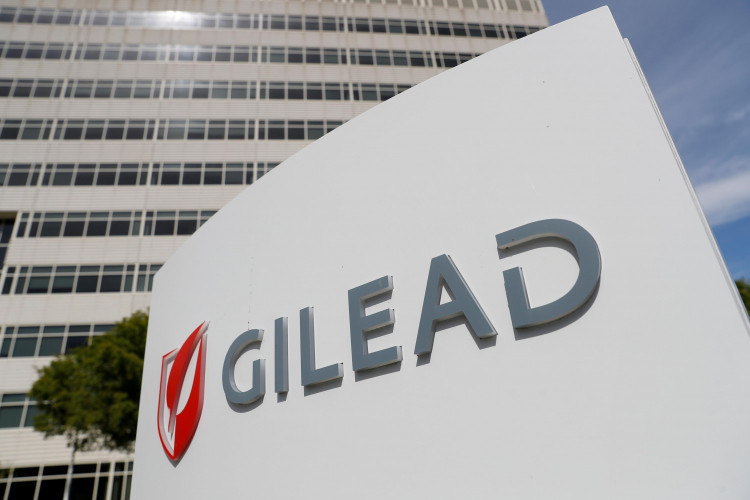Data from COVID-19 patients receiving the experimental drug remdesivir from Gilead Sciences Inc. under individual "compassionate use" services indicates that most patients have improved, but the drug developer and other experts agree it's hard to draw conclusions from one-off usage of the medication.
The findings, published Friday in The New England Journal of Medicine, are one of the first data sets to be reported about the application of the Foster City-based company's remdesivir in the pandemic that has already claimed the lives of over 100,000 people globally.
Gilead Sciences Inc. on Friday disclosed that with the use of the medication, most coronavirus patients who received one of the company's antiviral drugs showed clinical progress and no new safety signals were found.
Remdesivir is one of the frontrunners of research drugs to treat COVID-19. With a data readout imminent and after an update from chief executive officer Daniel O'Day, an analyst at Cantor Fitzgerald looked at what could be in store for Gilead with regards to remdesivir as a coronavirus treatment.
Shares of the company are likely to push forward with upcoming data on the investigational vaccine that is expected from Chinese studies in mid-April, given the lack of substantial revenue prospects, Alethia Young, an analyst, stated in a Monday report.
With the company announcing that all available supply will be given away, no sales effect is likely to occur by 2020, the analyst said. Gilead said it has on hand about 1.5 million individual doses which could treat around 140,000 patients.
The findings on Friday focused on 53 patients between the ages of 23 and 82, treated in the United States, Europe, Canada and Japan. Among these, thirty-four were ill enough to need breathing equipment. The patients had the medication for 10 days or as long as their bodies tolerated the vaccine.
Thirty six patients, or 68 percent, received less help from oxygen or the breathing device after an average of 18 days. Eight of the patients' condition did not improve. Seven of them died, nearly all of them more than 70 years old.
The death rate of 13 percent is lower than seen in some other studies, but no accurate comparisons can be made without a thorough research evaluating the drug in similar patient groups, the authors said.
Gilead Sciences plans to release data soon from medical experts in China, where COVID-causing coronavirus infections were first identified. Furthermore, Gilead's own testing and another study being conducted by the National Institute of Allergy and Infectious Diseases is seen to yield early results next month.






